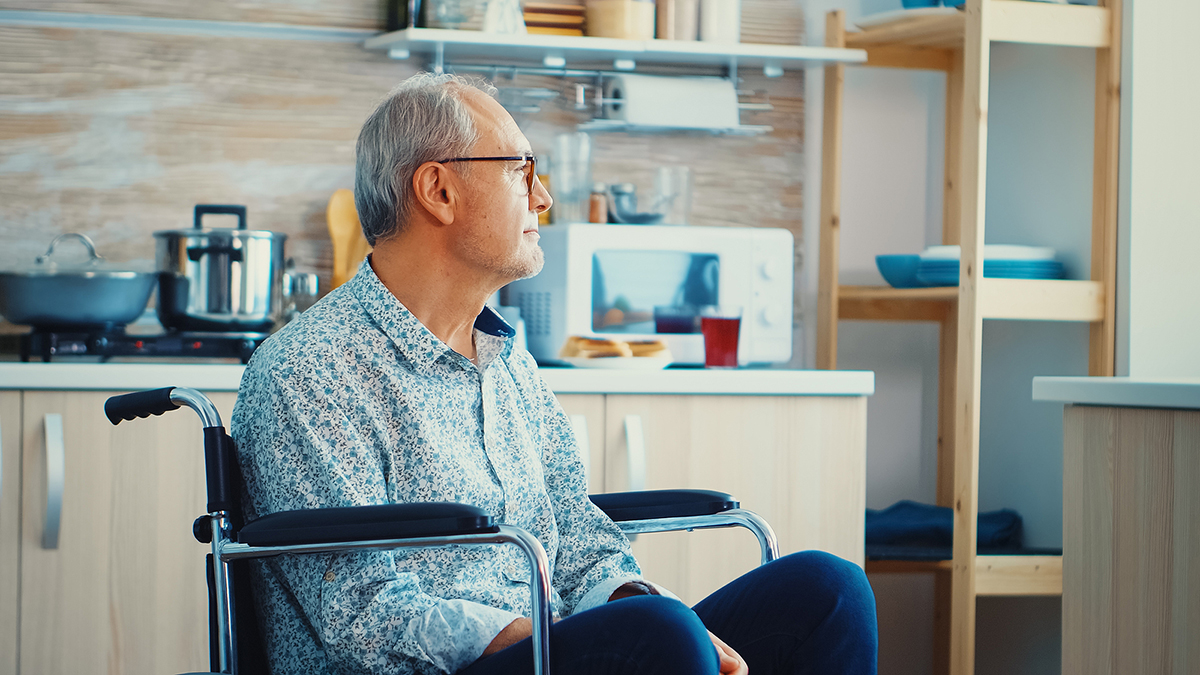 There is no cure for Parkinson’s disease. So we’re always on the hunt for methods to halt its symptoms and improve quality of life.
There is no cure for Parkinson’s disease. So we’re always on the hunt for methods to halt its symptoms and improve quality of life.
Which is why we welcome a new study that just appeared in the journal NPJ Parkinson’s Disease, which reveals a social activity that improves the lives of Parkinson’s patients more than any known drug.
Best of all, it’s free and doesn’t take a lot of effort.
A team from the University of California at Los Angeles and the Bastyr University Research Institute in Kenmore, Washington wondered how badly the loneliness and social isolation forced on the world by pandemics like COVID-19 affected people with Parkinson’s disease.
They sent out a survey to people who had been officially diagnosed with Parkinson’s to ask them about their social lives, their levels of loneliness, their perceptions of their social performance, their quality of life, and their experience of their own Parkinson’s symptoms. They were also asked about their dietary and exercise habits.
Of the respondents, 1,527 returned valid results that could be analyzed.
Overall, those who identified themselves as being lonely reported around 55% greater symptom severity than those who did not call themselves lonely.
Those with the most severe disease symptoms reported the lowest levels of social performance and social satisfaction.
Unsurprisingly, quality of life decreased as Parkinson’s disease symptoms worsened, and poor quality of life was most common in people who reported having few or no friends.
Interestingly, the subjects reported that tremor, one of the symptoms that most defines Parkinson’s disease, did not affect their quality of life nearly as much as loneliness did. Loneliness and friendships were better predictors of quality of life than their tremor severity score.
The subjects who reported poor quality of life were more likely to be single, while those in partnerships or marriages reported a better quality of life.
Those who reported engaging in stress management practices reported the slowest Parkinson’s progression, while those who were stressed reported the fastest deterioration.
The biggest differences between lonely and non-lonely patients showed that lonely people were more socially withdrawn, depressed, anxious, and unmotivated.
One of the most interesting findings of this survey was that meaningful social interactions were better at slowing down the progression of Parkinson’s disease than exercise.

 Overcoming IBD
Overcoming IBD Multiple Sclerosis
Multiple Sclerosis Banishing Bronchitis
Banishing Bronchitis Gum Disease Gone
Gum Disease Gone Overcoming Onychomycosis
Overcoming Onychomycosis Neuropathy No More
Neuropathy No More The Prostate Protocol
The Prostate Protocol Brain Booster
Brain Booster
 Ironbound
Ironbound
 Solution for Shingles
Solution for Shingles
 The Bone Density Solution
The Bone Density Solution
 The Ultimate Healing Protocol
The Ultimate Healing Protocol
 The Parkinson's Protocol
The Parkinson's Protocol
 The Chronic Kidney Disease Solution
The Chronic Kidney Disease Solution
 Overthrowing Anxiety
Overthrowing Anxiety The Fatty Liver Solution
The Fatty Liver Solution The Hypothyroidism Solution
The Hypothyroidism Solution
 The End of Gout
The End of Gout The Blood Pressure Program
The Blood Pressure Program
 The Oxigized Cholesterol Strategy
The Oxigized Cholesterol Strategy
 Stop Snoring And Sleep Apnea Program
Stop Snoring And Sleep Apnea Program
 The Arthritis Strategy
The Arthritis Strategy The Vertigo & Dizziness Program
The Vertigo & Dizziness Program The 3-Step Diabetes Strategy
The 3-Step Diabetes Strategy Hemorrhoids Healing Protocol
Hemorrhoids Healing Protocol The Erectile Dysfunction Master
The Erectile Dysfunction Master Weight Loss Breeze
Weight Loss Breeze The IBS Program
The IBS Program The Insomnia Program
The Insomnia Program The Migraine and Headache Program
The Migraine and Headache Program The Neck Pain Solution
The Neck Pain Solution The Menopause Solution
The Menopause Solution The Ejaculation Master
The Ejaculation Master The TMJ Solution
The TMJ Solution The Acid Reflux Solution
The Acid Reflux Solution The Fibromyalgia Solution
The Fibromyalgia Solution The Psoriasis Strategy
The Psoriasis Strategy